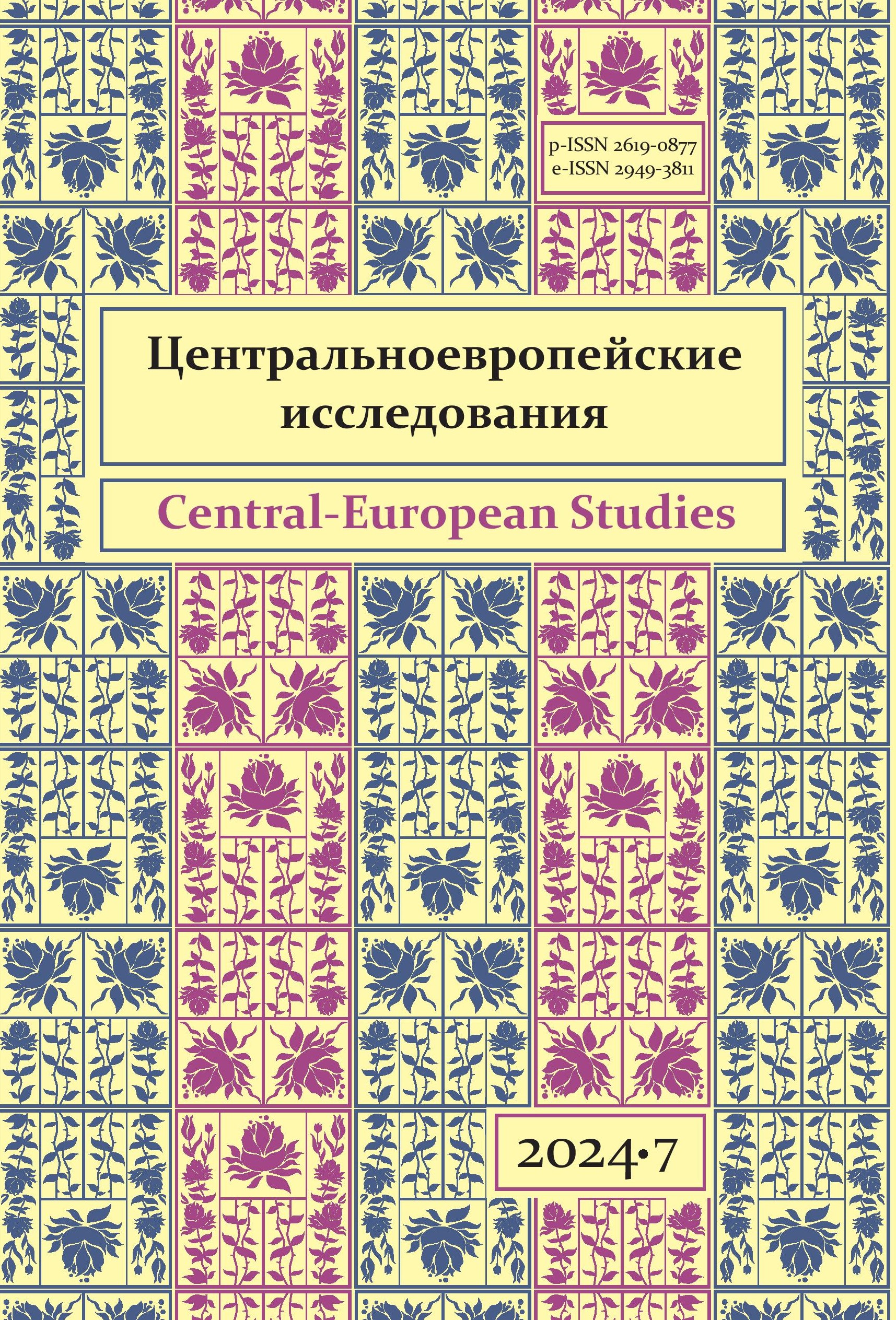Ethics and Pragmatics of Freedom: Author, Hero, Reader (Olga Tokarczuk and Janina Duszejko)
DOI:
https://doi.org/10.31168/2619-0877.2024.7.10Keywords:
literary hero, fiction, extra-textual reality, performative knowledge, genre settings, provocation, pragmatic aesthetics, literature-centrismAbstract
The article is devoted to Olga Tokarczuk’s “moral thriller” Drive your Plow over the Bones of the Dead, introducing a heroine who is endowed with a demonstratively morally controversial freedom of action: by sharpening the ideas of critical posthumanism, the author describes a collision with the unpunished killing of hunters by an eccentric defender of animal rights. The organisation of textual space and its perception are analysed from the perspective of ethics and pragmatics of freedom as understood by the author, the hero, and the reader, from the perspective of interaction between the reader's and the author's vision of fiction’s ethical limits, as well as the functions and possibilities of literature. The conflict in the novel, which — from a socio-psychological and discursive point of view — represents a conflict of individual and conventional behaviour, is embodied at the level of eventuality through the diverse use of the sphere of unpredictability, which affects the semantic structure of the text and the horizon of the reader's expectation. The article analyses the interaction of the logic of genre settings, the narrative logic of plot and fabula, both from a fictional, autobiographical and extra-textual stance. Tokarczuk’s novel is an (accomplished) artistic provocation, understood as the organisation of a dialogue with the reader in such a paradoxical way as to inevitably induce meaning-generating reflections by the latter. The main mechanism employed by the text is the absence of the expected plot element in the finale (punishment / conviction / repentance of the heroine). Manipulating the boundaries of the heroine's freedom of behaviour, undermining the oppositions characteristic of the detective, the author challenges not only specific stereotypes of the worldview, but also the very principle of binary closure. Tokarczuk’s understanding of the ideas of integral and “sensitive” narrative about the world, meliorist ethical and psychological functions and possibilities of literature (in particular, the literature of the “in-between”, combining ludic and intellectual elements) is close to the concepts of pragmatic aesthetics: fiction is a specific way of transmitting and acquiring experience, it is performative knowledge, involving imagination and mechanisms of identification and empathy, constituting an element of social communication.



